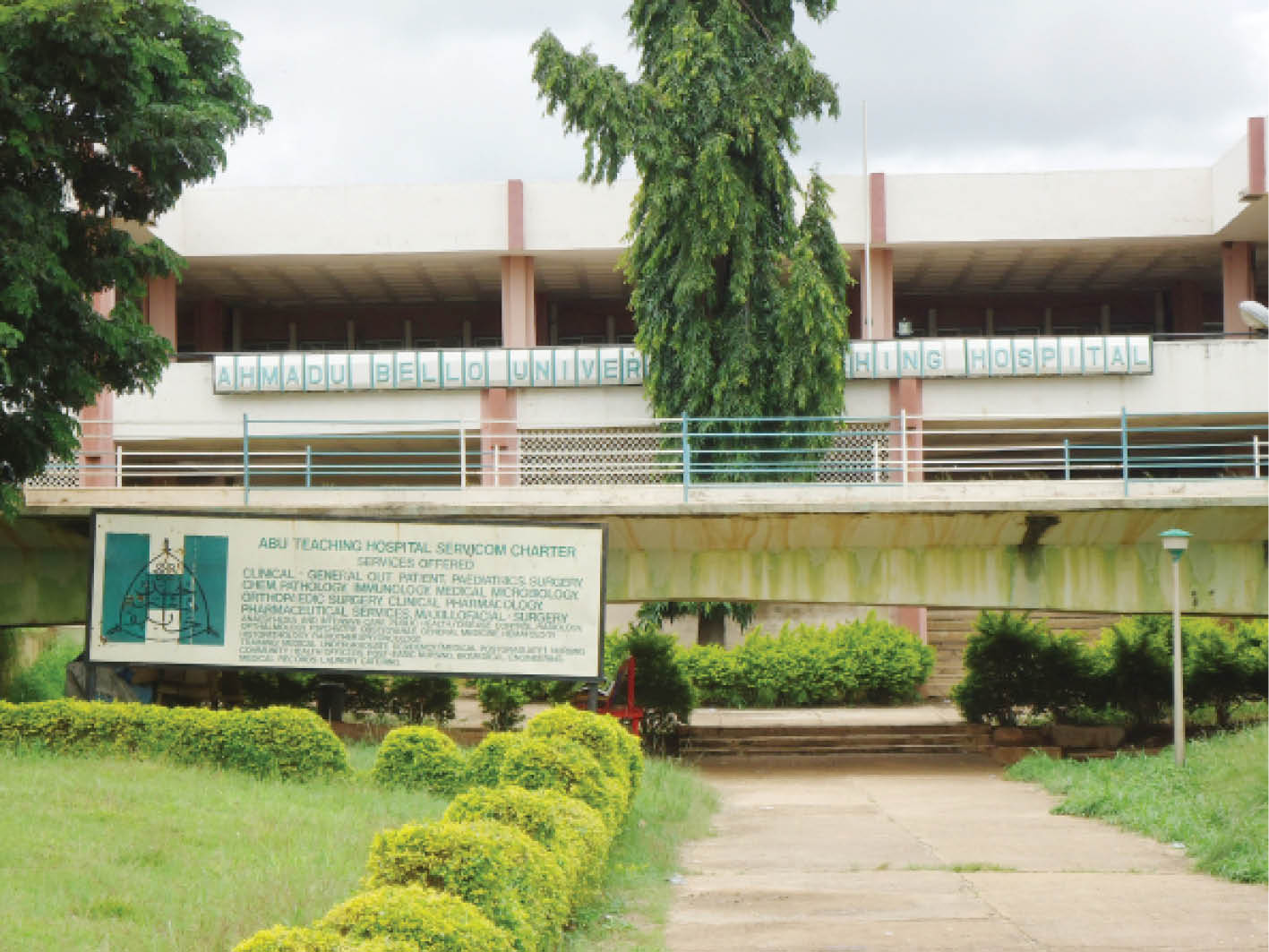ABUTH resident doctors suspend warning strike
Resident doctors at Ahmadu Bello University Teaching Hospital (ABUTH), Zaria, have suspended the five-day warning strike embarked upon on Monday. Dr Ashiru Mikail, Vice President of the Nigeria Association of Resident Doctors, (NARD) told newsmen in Zaria on Tuesday that the strike was suspended following a resolution with the hospital management. He added that the […]

Ahmadu Bello University Teaching Hospital (ABUTH), Zaria, the largest tertiary health facility in northern Nigeria, is supposed to provide succour for citizens with complicated medical challenges. Daily Trust on Sunday report shows that the hospital is bedevilled by many setbacks.
Resident doctors at Ahmadu Bello University Teaching Hospital (ABUTH), Zaria, have suspended the five-day warning strike embarked upon on Monday.
Dr Ashiru Mikail, Vice President of the Nigeria Association of Resident Doctors, (NARD) told newsmen in Zaria on Tuesday that the strike was suspended following a resolution with the hospital management.
He added that the resident doctors had resumed work at 8 am on Tuesday.
According to him, the strike was suspended following a marathon meeting between the association and the management of ABUTH.
- TB spreading among Kano children, SFH raises concern
- Electricity tariff: KEDCO seeks reconciliation with MAN, others after court judgment
“There was a serious commitment from the part of the management to address the demands of the association.
“The management had pledged to stop percentage salary payments to our members, which is one of the association’s grievances,” he noted.
The Vice President said the meeting had also taken measures to curtail further industrial disharmony between the association and ABUTH management.
Recall that the association had embarked on a 5-day warning strike on Monday to protest against percentage salary payments for members on the GIFMIS platform and non-payment of accoutrement allowance among others.
